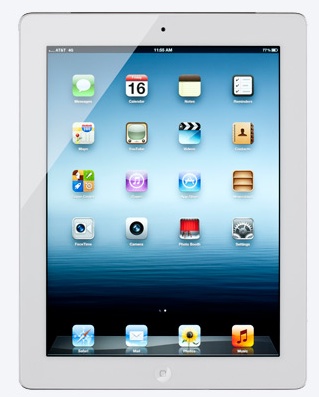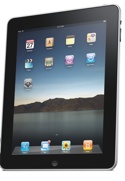Smartphones offering resistance against water damage (and other liquids) grew 45.2% year on year in the first nine months of 2016 in Western Europe, while shipments of non-water–resistant smartphones declined 17% in the same period, acc. Water resistant smartphones reached 22.5 million units in the period to represent 23% of the total number of smartphones shipped in 2016 to date, according to IDC (www.idc.com).
The strong growth in this segment was supported by the success of Samsung and Huawei devices offering this feature and by the recently launched iPhone 7 and iPhone 7 Plus, both offering IP67.
Liquid damage is the second-largest cause of damaged smartphones in the world, representing 35% of all devices repaired, according to IDC. This results in significant costs to end users, phone manufacturers, carriers, retailers, and the environment in general. IDC estimates that over 100,000 smartphones get damaged by water or other liquids every day in Western Europe. The impact of liquids is estimated to be worth in excess of $10.7 billion a year in the region, notes the research group.
“Accidental damage is responsible for 95% of smartphone failures. While many manufacturers try to compete through lower price points, others differentiate by improving the user experience with screen durability and resistance to liquids, the two most common causes for smartphone damage,” said Francisco Jeronimo, European mobile devices research director at IDC. “Nowadays, smartphones are used throughout the day, but with increasing usage comes a greater risk of accidents, such as dropping the device on the floor or into water. With the advance of nano-technology and better industrial design, liquid damage is a problem that should no longer exist.”



![[MD1] DevDepo’s Valentines’ Day Sale](https://www.mactech.com/wp-content/themes/Extra/images/post-format-thumb-text.svg)
